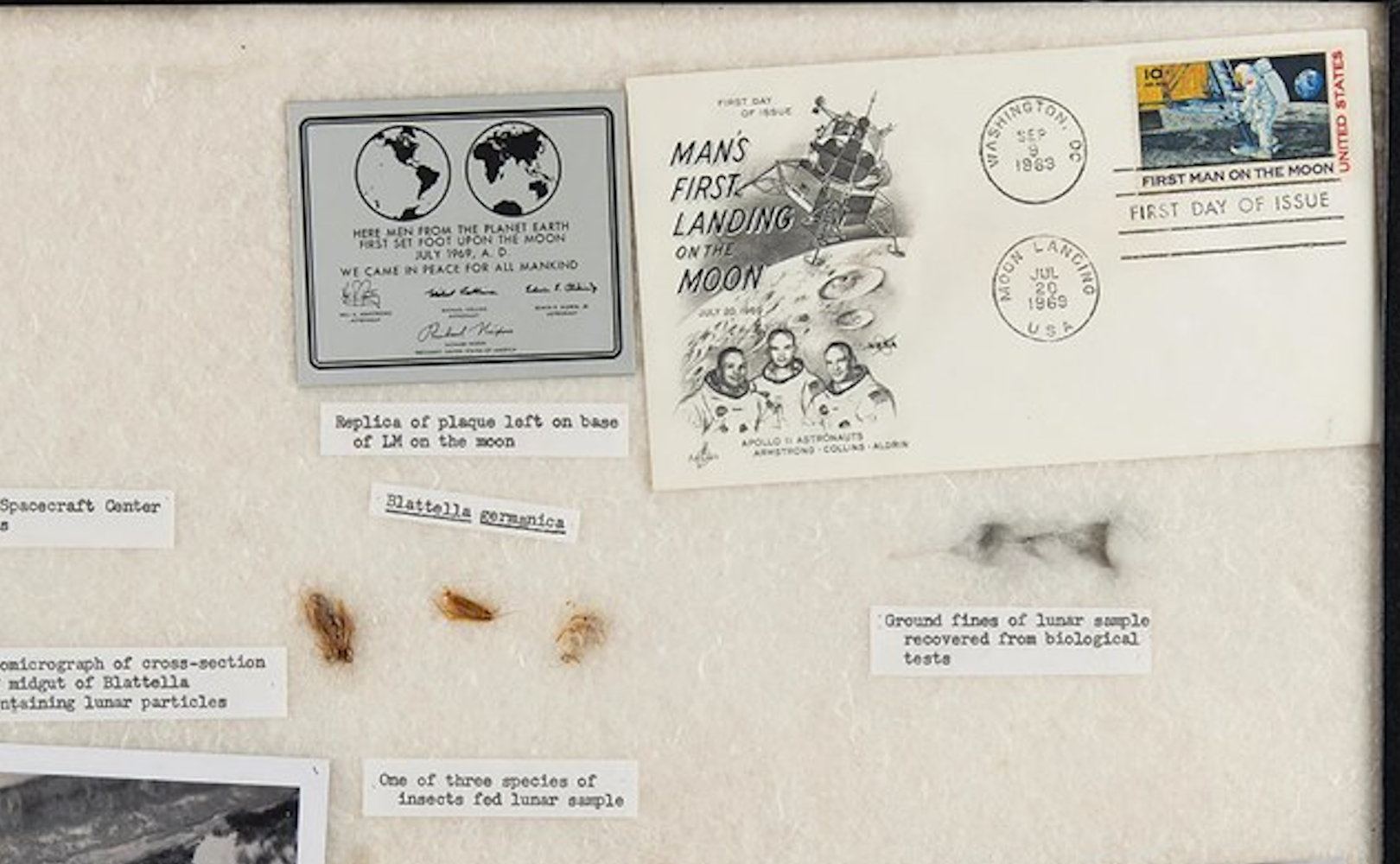The memory of a particular event exists in the brain in several parallel copies.
The memory of each experience is recorded in the hippocampus, a brain structure that plays an important role in transferring information from short-term to long-term memory. This is the basic mechanism that, among other things, enables a sense of identity, imagination, language, or reasoning.
As researchers from the University of Basel (Switzerland) explain, the ability to transform experiences into memories allows us to learn and use what we have learned to respond to new situations. However, the world around us is constantly changing, and the brain must adapt. It uses not only the experiences stored in permanent memory, but also a dynamic set of data.
Human memory So it’s not like a photo album: the brain is constantly working. Some events are recorded, others are modified, and others are gone forever.
This mechanism was investigated by Swiss scientists led by neurobiologist Prof. Flavio Donato, head of the Biozentrum – the interdisciplinary department for molecular and biomedical research at the University of Basel. They found that the memory of a particular experience is stored in several parallel copies. How does the brain choose them?
“The way the brain works with memory is fascinating.”
Professor Donato’s team examined the mechanisms of memory,
storing memories And its modifications in mice. It was already known that the memory of each experience is stored in the hippocampus – a structure in the temporal lobe. This area of the brain plays an important role, among other things: in the transfer of information from short-term to long-term memory, spatial orientation and learning. It has now been shown that memories are stored there in at least three groups of neurons that develop at different stages of embryonic development.
As the scientists explain, the first neurons to form are responsible for long-term memory retention. Thanks to them, even a copy of a memory that was initially too weak to be used becomes stronger over time. This means that the brain may be able to access such a piece of memory only some time after it has been encoded. In contrast, in a group of neurons formed at a later stage of neurogenesis, the recording of the same event is initially very strong, but then weakens and disappears over time – especially if the memories are not updated. There is still another intermediate group of neurons that appeared in the period between these two. The memory traces created there are the most stable.
It depends on which version the brain uses that determines what a particular memory looks like. Experiences stored for a short period of time in the late neurons can be modified and rewritten repeatedly. Recalling a situation shortly after it happened activates this group of neurons. In contrast, retrieving memories of the same event long after it happened activates neurons that were formed earlier. They retrieve a version of the old memory, but the ability to modify it is limited. The activation of specific versions of a memory and the time that separates them from the stored events affect how we remember, change, and use them.
memories.
“The way the brain works with regard to memory is fascinating. On the one hand, we have to remember what happened in the past to help us understand the world we live in. On the other hand, it has to adapt to the changes that occur around us. Our changing memories help us make the right choices for the future.” Flavio Donato
Source: ZET Radio/Veldi A. Kvim et al., Differential recruitment of developmentally specific neural populations supports memory dynamics. Science 385, eadk0997 (2024). DOI:10.1126/science.adk0997

Echo Richards embodies a personality that is a delightful contradiction: a humble musicaholic who never brags about her expansive knowledge of both classic and contemporary tunes. Infuriatingly modest, one would never know from a mere conversation how deeply entrenched she is in the world of music. This passion seamlessly translates into her problem-solving skills, with Echo often drawing inspiration from melodies and rhythms. A voracious reader, she dives deep into literature, using stories to influence her own hardcore writing. Her spirited advocacy for alcohol isn’t about mere indulgence, but about celebrating life’s poignant moments.










